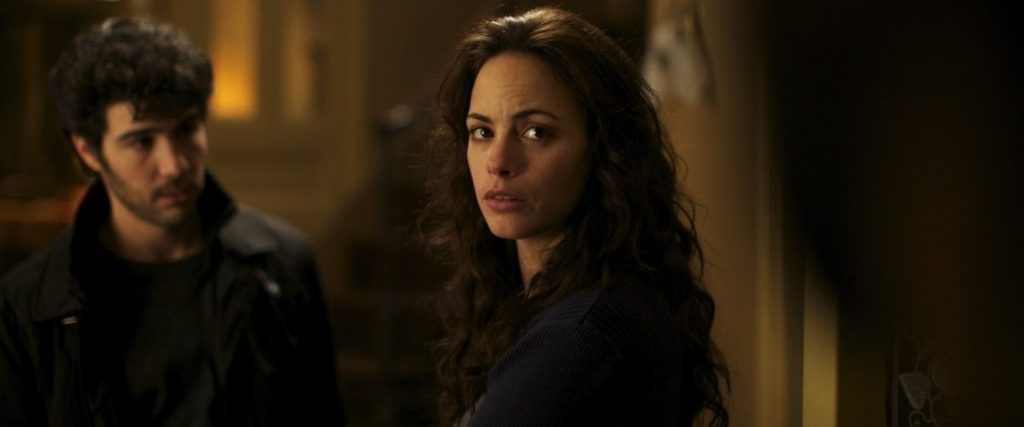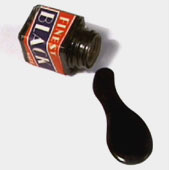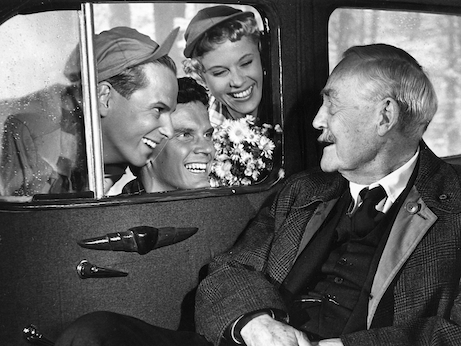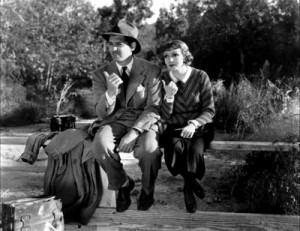
Continuing my exploration of whether or not flashbacks are a necessary device in modern screenwriting, today I’m going to write about a movie whose entire plot hinges on events that happened before the action starts — and the filmmaker doesn’t rely on flashbacks to convey their significance. The movie is Asghar Farhadi’s The Past.
The story centers around Marie (Bérénice Bejo) , her second husband, Ahmad (Ali Mossafa), and her new boyfriend Samir (Tahar Rahim). Ahmad abandoned Marie and her two daughters five years earlier to return to Iran. He’s come back to Paris to grant Marie the divorce she requested so that she can marry Samir, who has a young son himself. But it turns out Samir is already married — to a woman languishing in a coma. Marie’s relationship history — or baggage — is constantly impinging on her current plans with Samir. When it comes to love, you can never completely free yourself from the past, (particularly if you have children.) And, like I said earlier, director Farhadi conveys this complicated history without a single flashback. In order to achieve that, Farhadi relies on a different narrative technique: by using Ahmad, in the role of the newcomer.
This works particularly well because Farhadi does not just use Ahmad as a device; he is an integral part of the love triangle. Also, Ahmad has been away for a long enough period of time that his complete ignorance of the current facts makes sense; his questions don’t jolt the audience out of the story or smack us as unrealistic. Yet Ahmad has not been away so long that the children have completely forgotten him. He is also a natural peacemaker, so it makes sense when Marie asks him to draw out her teenage daughter, who resents the new fiancé.
Farhadi is an elegant storyteller, so Ahmad’s inquiries also drive the plot. Maybe this is one reason Farhadi’s movies often feel like thrillers: there’s always a mystery at the heart of the story. In The Past, Ahmad delves into the reason Samir’s wife attempted suicide and ended up in a coma. Also, much like in film noir, the plot is further complicated by the fact that all the characters have their own motives for being less than honest about their own complicity in that suicide attempt — including Ahmad himself and the kids. Farhadi’s elegant use of character dynamics gives us a deeper grasp of human relationships, particularly in connection to truth and culpability.
When it comes to the elusive nature of ever knowing what truly happened, Farhadi has learned from Rashomon. Except he undergoes that exploration without any flashbacks. In a way, this involves the audience more because it feels like we’re finding stuff out along with Ahmad.
Have you seen “The Past”?


